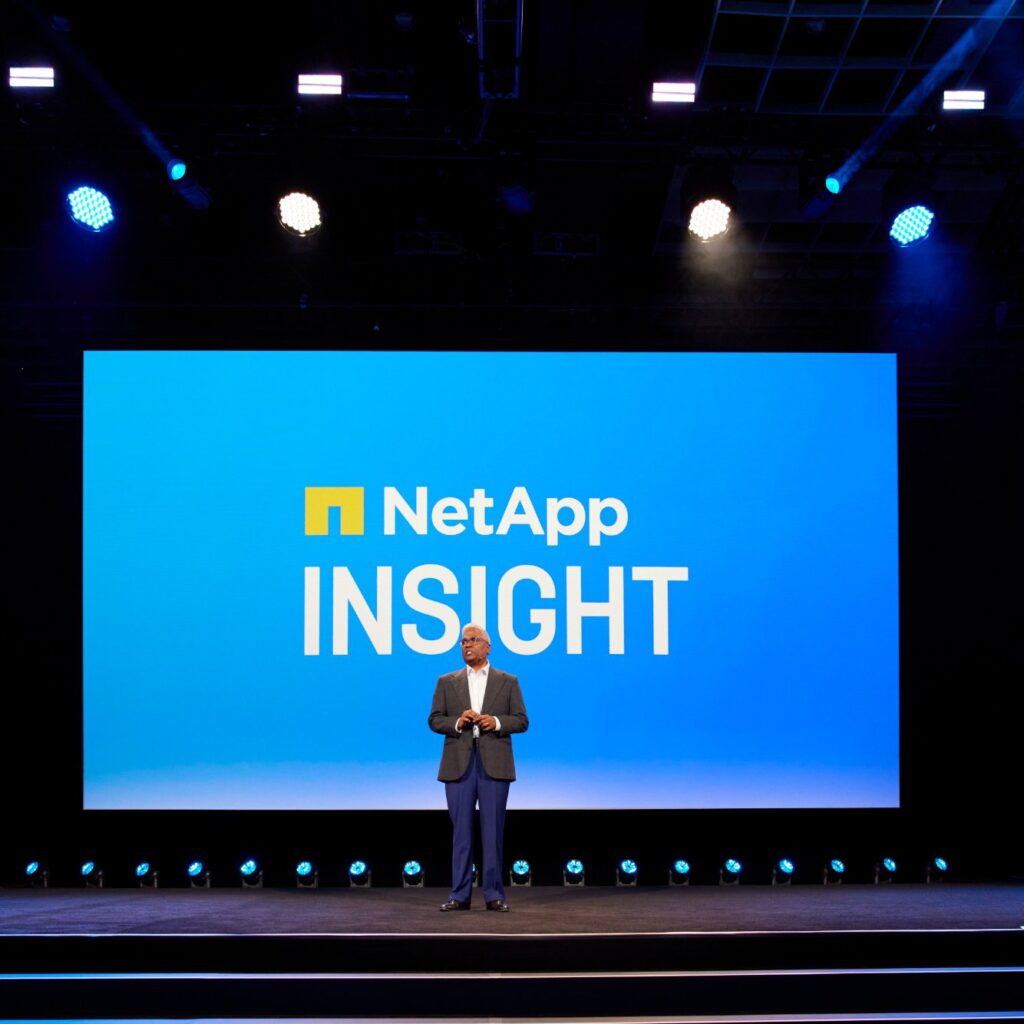Oracle’s journey in the cloud sector has been characterised by bold strategies, deep technical acumen, and a clear vision to cater to enterprise customers coupled with security and innovation according to Pradeep Vincent, Senior Vice President and Chief Technical Architect at Oracle Cloud Infrastructure (OCI), to discuss the evolution, challenges, and future of OCI at Oracle CloudWorld in Las Vegas 2024.
Pradeep Vincent’s leap to Oracle in 2014, following a decade-long stint at AWS, marked the beginning of a transformative journey. He wasn’t alone; a cadre of cloud technology experts from AWS and Azure joined Oracle, driven by the belief that the cloud industry had yet to fully address the unique needs of enterprise customers.
“We saw a big opportunity to serve enterprise customers in a very different way.” Vincent revealed.
“We believed a company with credibility in the enterprise space, like Oracle, could make a significant impact.” Continued Vincent.
Oracle’s readiness to invest and support this vision led to alacritous establishment and growth of OCI.
Reflecting on the early days of OCI, Vincent looked back on the initial focus around addressing the gaps in the cloud market.
“The cloud at that time was very developer-centric and geared towards startups. It wasn’t as secure or accommodating for enterprise customers with existing on-premises applications looking to transition to the cloud.” Vincent explained. n.
Despite not being first movers in the cloud space, OCI’s journey was marked by some advantages according to the Founding Member.
“We had the benefit of looking in the rearview mirror to see what worked and what didn’t.” Vincent noted.
This retrospective view allowed OCI to design from scratch with a strong emphasis on security. Innovative solutions like off-box virtualisation ensured that customers didn’t need to worry about potential interferences, a design ethos hard to retrofit in older systems.
OCI has consistently strived to integrate automation deeply across its services.
“Automation, through APIs and initiatives like autonomous databases and security, has been central to our strategy.” Vincent added.
However, the rise of AI and models like ChatGPT, have required OCI to adapt. The massive amount of infrastructure and engineering resources dedicated to AI depict OCI’s commitment to staying ahead – despite being late to the game.
One of OCI’s main innovations has been its multi-cloud offerings, initially materialised through its partnership with Microsoft Azure.
“We built an OCI region inside an Azure data centre, offering exactly the same services as a stand-alone PDO region.” Vincent detailed.
Vincent claimed that the approach turned out to be phenomenally successful, demonstrating OCI’s role in steering the industry towards greater interoperability and collaboration among cloud giants.
While OCI has established a strong position among enterprise customers, Vincent acknowledged the need to engage more deeply with the developer community.
“We have a good developer platform story with strong integrations, especially around Java.” Vincent said.
The importance of openness and compatibility with third-party and competitive technologies is a focus for the cloud provider. OCI’s bedrock is predicated on open-standard compatible which aims to provide developers with the flexibility to integrate with a wide range of tools and platforms.
Vincent elaborated on his vision for OCI’s future.
“We have a very successful strategy resonating with customers, focusing on multi-cloud solutions, AI infrastructure, and strong security.”









